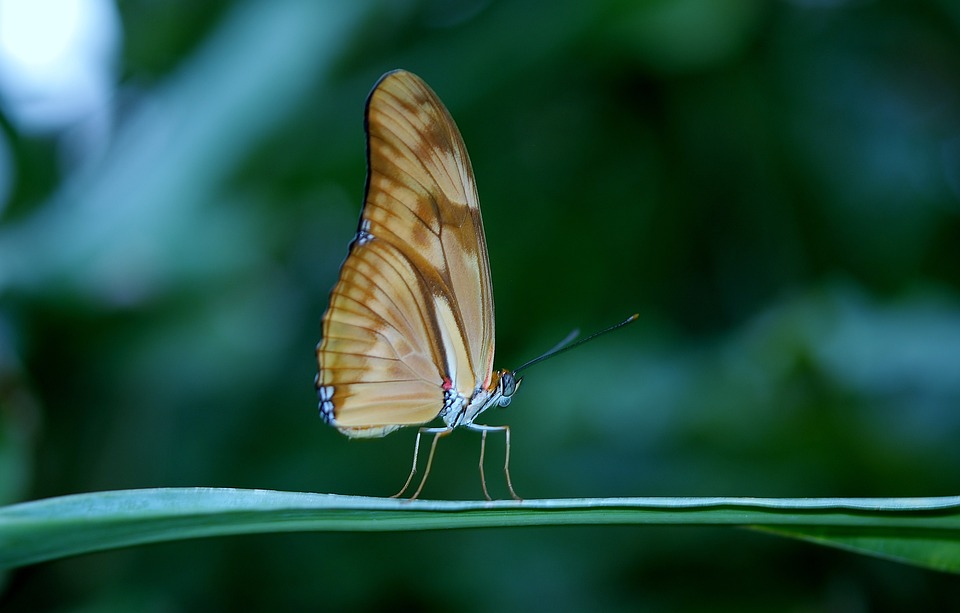Creating a thriving garden is a labor of love, one that often comes with its fair share of challenges — the most notorious of which are pests. From aphids to beetles, bugs can wreak havoc on your carefully tended plants, consuming leaves and stunting growth. However, before you reach for chemical pesticides, consider the many natural bug sprays that can protect your garden without harming the environment or your health. Here’s a guide to some of the most effective natural bug sprays and how to use them.
Understanding Natural Bug Sprays
Natural bug sprays are derived from organic materials and can often be made at home with easily sourced ingredients. Unlike synthetic pesticides, which can pose risks to beneficial insects, pets, and humans, natural sprays are typically safer for everyone involved, making them a choice many gardeners prefer.
Why Go Natural?
- Environmental Impact: Natural bug sprays are less likely to harm the ecosystem, promoting biodiversity and protecting pollinators like bees.
- Health Safety: Many chemical pesticides contain toxic substances that can cause health issues upon exposure. Natural alternatives are generally less harmful.
- Sustainability: Using what you have at home reduces waste and environmental impact, aligning with sustainable gardening practices.
- Cost-Effective: Many natural pest control solutions can be made from ingredients you already have in your kitchen or garden.
Effective Natural Bug Sprays
1. Soap Spray
Ingredients:
- 1 tablespoon of liquid Castile soap
- 1 quart of water
Instructions: Mix the soap with water in a spray bottle. Test on a small area of your plants before applying widely. This spray helps suffocate soft-bodied insects like aphids, whiteflies, and spider mites.
Usage: Spray directly onto the affected plants, ensuring you cover the undersides of leaves where pests like to hide. Repeat every few days until you notice a decline in pest activity.
2. Neem Oil Spray
Ingredients:
- 1 teaspoon of neem oil
- 1 quart of water
- A few drops of liquid soap (as an emulsifier)
Instructions: Combine the ingredients in a spray bottle and shake well. Neem oil, derived from the seeds of the neem tree, acts as a repellent and disrupts the life cycle of many pests.
Usage: Apply to affected areas, particularly in the evening to avoid harming beneficial insects during the day. Repeat every week as necessary.
3. Garlic Spray
Ingredients:
- 1 bulb of garlic
- 1 quart of water
- 1 teaspoon of liquid soap (optional)
Instructions: Blend the garlic with water and strain the mixture to remove solid pieces. Adding soap can enhance adherence to plant surfaces.
Usage: Spray on plants to deter aphids, beetles, and other common pests. The strong odor of garlic is a natural repellent.
4. Chili Pepper Spray
Ingredients:
- 2 tablespoons of powdered chili pepper or a few fresh crushed peppers
- 1 quart of water
- 1 teaspoon of liquid soap
Instructions: Mix the ingredients and let sit overnight. Strain before use to avoid clogging your spray nozzle.
Usage: Spray on plants to deter a variety of pests. The heat from the peppers irritates their senses and encourages them to stay away.
5. Essential Oil Infusions
Ingredients:
- 1 teaspoon of essential oils (e.g., peppermint, lavender, or rosemary)
- 1 quart of water
- 1 tablespoon of liquid soap
Instructions: Mix well in a spray bottle.
Usage: These sprays not only smell pleasant but can deter various insects. Essential oils often have natural insect-repelling properties and can be particularly effective against mosquitoes.
Tips for Success
- Timing: The best time to apply any pest spray is early morning or late evening when beneficial insects are less active.
- Frequency: Check plants regularly and reapply sprays as needed, especially after rain or heavy dew.
- Plant Health: Keep plants healthy with good soil, proper watering, and adequate sunlight to reduce vulnerability to pests.
- Observation: Monitor both pest populations and the health of your plants to determine the effectiveness of your natural sprays.
Conclusion
Natural bug sprays are an excellent part of integrated pest management strategies, allowing you to protect your garden while being eco-friendly. By incorporating these natural solutions, you can cultivate a healthy, vibrant garden without relying on harsh chemicals. Embrace these methods, and enjoy the beauty of your garden free from destructive pests! Happy gardening!
